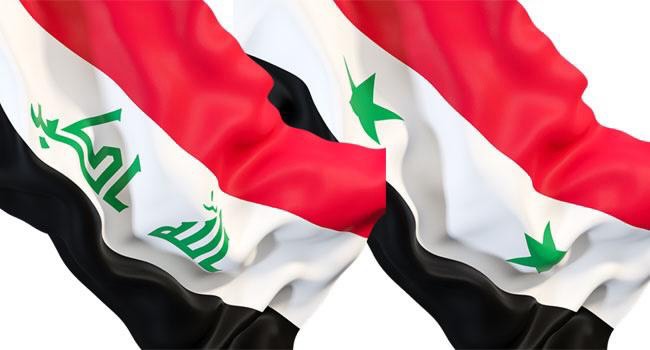biography:
“Caesar Act for the Protection of Civilians in Syria” is a name that includes a number of proposals from both parties in the US Congress directed against the Syrian government.
The project also targets individuals and companies who provide funding or assistance to the President of Syria; It also targets a number of Syrian industries, including those related to infrastructure, military maintenance and energy production, in addition to targeting many Iranian and Russian entities that provide support to the Assad government during the war in Syria.
The Senate passed the act in mid-December 2019, and if US President Donald Trump signs it, it will become a “running law”, which means effectively starting to impose sanctions on entities that deal with the Syrian government and its military and intelligence agencies.
With regard to naming the act after Caesar in relation to an unknown person who was said to have leaked information and photos of victims of “torture” in Syria between 2011 and 2014. When published, Caesar’s photos sparked a huge uproar and controversy among the United Nations, where Human Rights Watch demanded at that time. By providing evidence related to the publication of photographs proving the torture of civilians, which was the true nucleus of the act.
act Basics:
Sanctions are imposed on anyone who provides financial, technical, and material support to the Syrian government or a senior political figure in the government. Financial support includes the provision of loans and export credits.
With regard to oil and energy sources, the act stipulates imposing penalties on anyone who intends to provide goods, services, technology, information, or any support that would expand domestic production in the field of natural gas, oil and oil derivatives. On the issue of reconstruction, the “Caesar Act” provides for deterring foreigners from entering into contracts related to reconstruction as well.
The Caesar Act also aims primarily to bypass Russia’s continued obstruction of Security Council resolutions related to the Syrian crisis, by vetoing all international tracks seeking to find a political solution in Syria, which secured throughout that period a Russian protection for the regime in Syria that enabled it to restore large areas It was taken over by the opposition forces.
“The sanctions contained in the project also apply to foreign individuals who financially support the Syrian regime, and the sanctions include freezing financial assets, preventing these people from entering the United States, and canceling their travel visas.
* It is strictly forbidden to use the information and the studies contained on this site, except with prior permission from the administration and the authors Thualfuqar center.

